Services to keep your pet happy and healthy
At Sweet Pea Animal Hospital, we prioritise preventative animal care and offer a wide range of treatments and services for our patients. Jump to a section by clicking a button below:
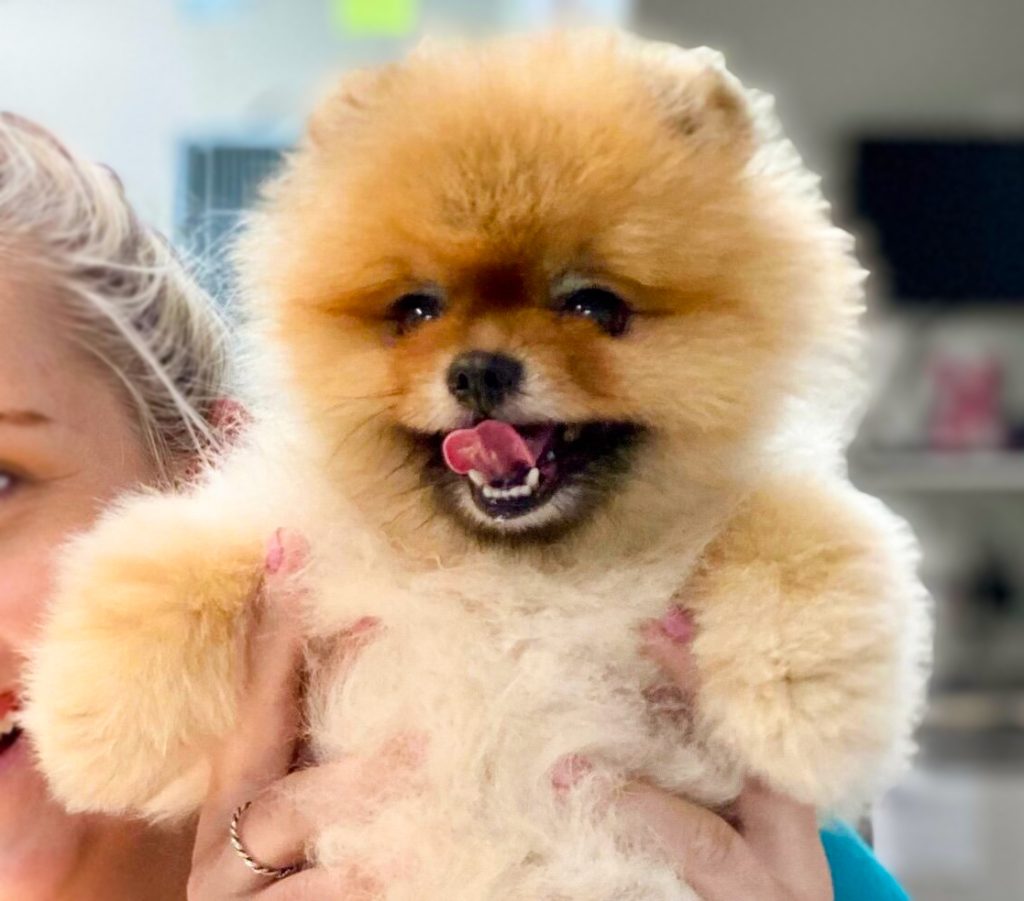
Preventative Animal Health Care
When it comes to keeping your pet healthy, prevention is the key. Preventative health care aims to prevent illness and assist in the early detection of specific diseases, whilst encouraging the promotion and maintenance of good health. At Sweet Pea, we recommend wellness exams and preventative care as part of your pet’s overall health care plan.
Click on the titles below to learn more about our Preventative Animal Health Care services:
Unfortunately, our pets can’t talk (or, we can’t understand them!) but are capable of compensating for many conditions. This is how they would survive if left to fend for themselves. The result being they often fall unwell at an advanced stage of disease, if not detected early. A “nose to tail” wellness exam can spot diseases and health care problems in your pet before they become more difficult to treat.
We have established recommended standards of care that are designed to keep your pet in the best possible health. Recommendations may be made regarding dental health, parasite control, weight control, pain management, behaviour or further diagnostics.
It is important to ensure your pet’s safety if they need to go into a boarding kennel or cattery, and when they come to visit us too! But your pet can also easily contract diseases during a simple outing to the beach or park. Remember, they don’t even need to be in contact with other pets to contract some of these deadly diseases.
Dogs
Dogs are vaccinated routinely against 5 major infectious diseases. A C5 vaccination provides protection against:
Parvovirus: causes haemorrhagic (bloody) diarrhoea and vomiting and can be fatal, especially in young dogs.
Distemper virus: causes neurological and respiratory disease – and death.
Adenovirus type2 (infectious hepatitis): causes liver and respiratory disease – and death.
Bordetella bronchiseptica: causes kennel cough which is a highly contagious cough that dogs often contract when in close contact with other dogs, for example in boarding kennels. The disease causes significant discomfort to dogs but is rarely serious or life-threatening.
Parainfluenza: a viral cause of kennel cough.
If your dog is lucky enough to be a traveller, we would also recommend vaccination against Coronavirus (the canine kind!) and Leptospirosis.
Canine coronavirus disease, known as CCoV, is a highly contagious intestinal infection in dogs, especially puppies. Canine coronavirus is usually short-lived but may cause considerable abdominal discomfort for a few days in infected dogs.
Leptospirosis disease can cause kidney failure and liver failure, and occasionally severe lung disease and bleeding disorders. The clinical signs of Leptospira infection vary considerably from no signs of infection, to just a mild illness of short duration from which the animal recovers quickly on their own, to severe disease and even death.
Cats
Cats are vaccinated routinely with an F4 vaccination but also optionally can be given an FIV and/or Feline Leukaemia vaccination. An F4 vaccination provides protection against:
Feline panleucopaenia: a potentially deadly enteritis causing diarrhoea.
Feline viral rhinotracheitis: a highly contagious component of cat flu, that can result in severe and recurrent disease
Feline calicivirus: a highly contagious components of cat flu, that can result in severe and recurrent disease
Feline chlamydiosis: also, a highly contagious components of cat flu, that can result in severe and recurrent disease. Feline chlamydiosis also often causes lesions on the eyes and gums, in conjunction with sneezing and upper respiratory symptoms seen with cat flu.
If you cat ventures outdoors, we would also recommend vaccination against FIV and Feline Leukaemia virus as these are spread via cat fights.
We recommend that all family pets are desexed. Desexing can reduce the desire to roam, which greatly reduces the risk of traumatic injury caused by vehicles or other neighbourhood pets. Desexing is also a simple way of preventing common cancers and illnesses later in life. And preventing the cycle of accidental litters and unwanted pets that lead to impoundments, homelessness and euthanasia. While puppies and kittens are adorable, they are a lifetime commitment.
Heartworm disease is a serious disease that results in severe lung disease, heart failure, other organ damage, and death. It occurs mainly in dogs, cats, and ferrets. The worms are called “heartworms” because the adults live in the heart, lungs, and associated blood vessels of an infected animal.
Heartworm is transmitted by mosquitoes. If you are the victim of mosquito bites, then your pets are victims too! And we all know how difficult it is to control the presence of mosquitoes. We recommend an annual injection for the treatment of Heartworm but there are also monthly oral treatments available. Protect your pet against these pests and prevent potentially fatal heartworm disease.
If your pet is out of sorts and you want to ensure they are healthy, we can provide timely and accurate information using our state of the art in house laboratory. Our machines can provide both haematology and bio-chemistry results within minutes.
The proper balance of nutrients is essential when feeding your pets. For example, dogs (and humans) need a certain combination of protein, carbohydrates, fats, vitamins and minerals every day in order to function normally. Cats, on the other hand, require protein almost exclusively.
We know that owners are passionate about their pets’ nutrition, but often make mistakes because of the confusing and often conflicting information. We can help you to use your passion responsibly to make the best decisions about your pet’s diet.
Fleas can be a frequent cause of frustration for many pets and their owners. Some pets are allergic to flea bites resulting in serious skin problems. Fleas can be easily controlled using effective products to treat all your pets.
Ticks are deadly to pets and although they are known to be “seasonal”, they are active all year round in this area. There is now a good selection of very effective tick treatments available.
Allow us to give you the best option to keep your pets safe all year round!
Treating your pets for intestinal worms on a regular basis is not only important for your pet’s health but for the health of your family also. Many worms can be spread from your pets to your human companions, with potentially serious health consequences.
Our veterinary team will explain our recommended worming programs to you which are tailored to your pet’s age and risk factors.
Medicine & Diagnostics
Veterinary medicine encompasses a number of disciplines such as internal medicine, dermatology, cardiology, neurology, ophthalmology, behaviour, oncology, parasitology and haematology just to name a few. However, the most important aspect of veterinary medicine is a detailed history from you, the owner, about changes you have noticed in your pet. Unfortunately, as we have already mentioned, they cannot tell us how they are feeling!
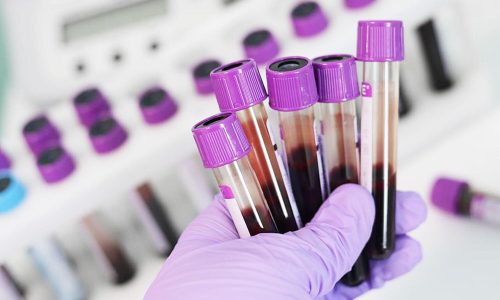
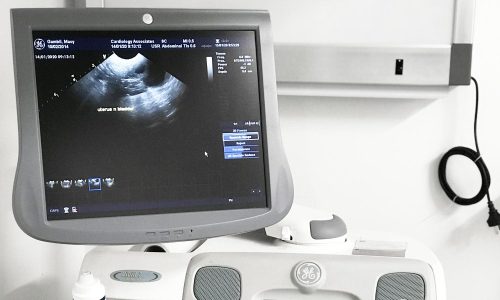
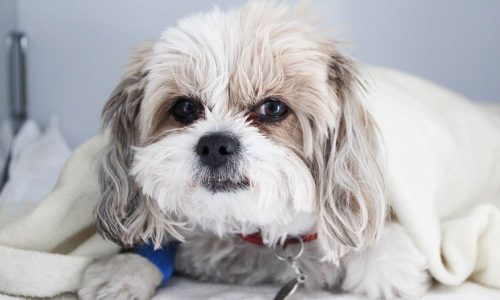
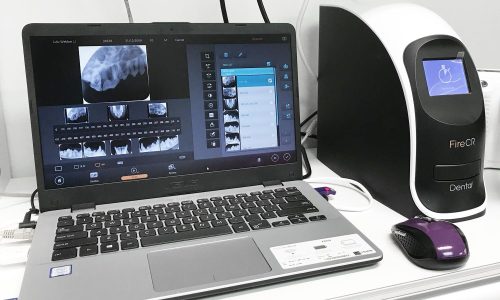
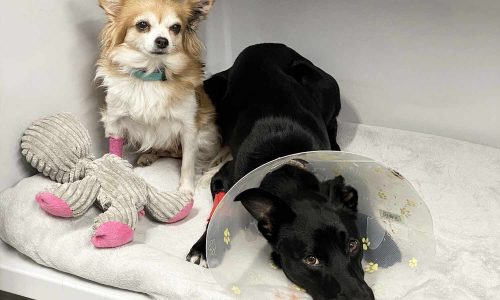
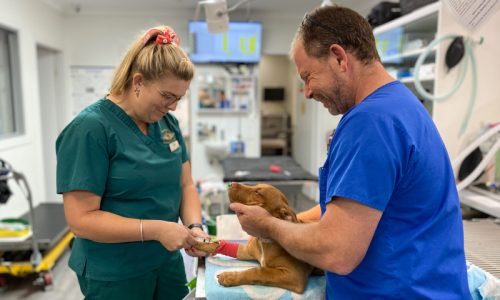
Your pet may require acute care from the result of a severe injury or episode of illness, an urgent medical condition, or during recovery from surgery. Depending on their medical diagnosis, this may follow on to long term or chronic care.
You can be comforted in the knowledge that we have the latest diagnostic equipment and our team (both vets and nurses!) undergo continuing education to ensure your pet receives the most up to date and appropriate evaluation and treatment solution.
Click on the titles below to learn more about our medicine and diagnostic services:
Did you know that 80% of pets suffer some form of dental disease, so they need regular check-ups too! Just like us, a 6 monthly dental check is paramount to the health of your pet. And, just like us, often the best way to ‘really’ see what is going on in a pet’s mouth is to take high quality digital dental x-rays.
If we feel that extractions are required, let us take an x-ray to be sure. Our vets and nurses are trained in dental techniques for all of your pets’ dental requirements.
If your animal suffers from any of these symptoms, then they may need to be checked for dental disease:
- Halitosis (bad breath)
- Chewing on one side only
- Loss of ability to chew hard foods
- Difficulty picking up or chewing foods
Many animals, as they advance in age, develop a layer of plaque on their teeth. This hardens in combination with minerals present in saliva to become a solid layer over the tooth called calculus or tartar. Bacteria are present in both plaque and tartar and they produce enzymes, which lead to inflammation of the surrounding gums – gingivitis.
With time, this problem can lead to infection around the ligament that holds the tooth in place. This condition, periodontitis, can eventually lead to loss of support for the tooth and loose teeth or tooth loss.
Although this scenario sounds rather drastic, periodontal disease affects more than half of pets over the age of 4 years, making it one of the most common problems we encounter.
Cats can also suffer from very painful lesions of the teeth known as odontoclastic or resorptive lesions. These small holes develop in the enamel at the gum line and cause inflammation and pain when eating. These teeth need to be removed. Cats can eat normally after the loss of some teeth.
Sweet Pea is proud to offer advanced digital x-ray technology for our patients. X-rays are one of the most useful tests when it comes to diagnosing your pet. X-rays are used to identify the location and severity of fractures, spot symptoms of heart disease, identify foreign bodies in your pet’s stomach and much more.
Digital x-ray technology allows us to produce high-quality, high-resolution x-ray images more quickly than traditional film x-rays, leading to less time on the x-ray table (and less stress) for your pet. These images also can be emailed or saved to a disc, allowing for fast consultations with specialists, when necessary.
We also offer Dental Digital Radiology, which allows us to assess what is happening to the roots of teeth underneath the gum line. This helps us to better diagnose dental issues in your pet that would likely be causing them pain or discomfort. Dental radiographs are similar to those taken in humans, in that the x-ray machine only uses small amounts of radiation. But unlike humans, dogs and cats need to be under general anaesthesia for dental x-rays to be taken.
Ultrasound is an advanced imaging technique that uses soundwaves to provide a real-time moving image of your pet’s internal organs. This procedure is particularly useful for diagnosing abdominal and cardiac problems and can also be used to detect abdominal fluid, tumours and foreign bodies and other illnesses.
In addition to our own in-house Ultrasonography, Sweet Pea Animal Hospital utilises a referral Veterinary Ultrasonographer, who comes to our hospital for abdominal and cardiac ultrasound procedures.
Has your pet ever eaten anything they shouldn’t have? With the use of an endoscope, we may be able to avoid any invasive surgical procedures. At Sweet Pea Animal Hospital, we have flexible video endoscopes which are tiny fibre-optic cameras used to look inside our patients. This technique means many procedures (like retrieving fish hooks & lures) that would previously have involved major surgery, can be done without the need for a more invasive procedure. These are also used for diagnostic tests such as colonoscopy or gastroscopy.
DNA and genetic testing offer an insight into your pet that was previously not possible. Knowing where your pet comes from can help in understanding behaviour and predicting potential health issues.
Sweet Pea Animal Hospital has a comprehensive in-house laboratory, where we are able to run a number of tests including:
- Blood profiles
- Blood counts
- Urine tests
- Cytology (e.g. ear swabs and aspirates from lumps)
If your pet has been out of sorts or is on regular medication that requires monitoring, we can get an accurate diagnosis in the shortest possible time rather than waiting for an external laboratory to send back results. We do, however, use an external laboratory for some tests, including very specific blood tests, biopsies and bacterial cultures.
Having these facilities in house also means that we can provide valuable information about your pet’s anaesthetic safety. Pre-anaesthetic blood testing on the morning of surgery allows us to check your pet’s liver and kidney function, vital to providing optimal anaesthetic safety. We also offer blood tests as part of our Senior Health Program, for early detection of health problems. Giving us the best chance of managing any senior pet related conditions such as diabetes.
Sweet Pea Animal Hospital takes pride in offering your furry family member the best possible comfort whilst in our care. We have separate dog and cat hospital wards, a recovery ward, and room where our wildlife patients can feel safe, isolated from our companion animals.
Our wards are fully air conditioned with climate control, ventilation, and sound control. We also use the latest in “dry-bed” technology to ensure your pets comfort.
Whether your pet is visiting us for a routine procedure such as desexing or dental surgery, or requires a more complicated surgical procedure, they will be treated with the same care that we would treat our own pets. The team as Sweet Pea has many years of experience performing a wide range of surgical procedures, including:
- Desexing
- Tumour and cancer surgeries
- Soft-tissue surgeries
- Orthopaedic surgeries such as cruciate ligament repairs, dislocations and fracture repairs
- Ophthalmic surgeries
Anaesthesia and pain-management comprise an important part of our surgical protocols. We use the safest anaesthetic agents and analgesics. Along with advanced monitoring equipment, our experienced surgical nurses monitor your pet’s anaesthetic and vital signs throughout the procedure. Your pet’s safety is our first priority.
We will also recommend the best possible treatment plan for your pet. This may be that your pet requires specialist treatment. If this is the case, allow us to make arrangements for you to ensure that your family member receives the best medical treatment available. We also routinely consult veterinary specialists in the management of special cases.
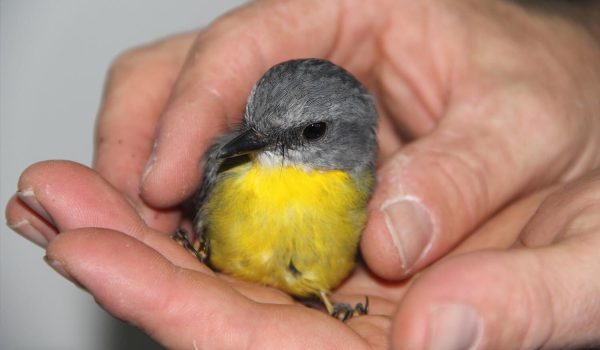
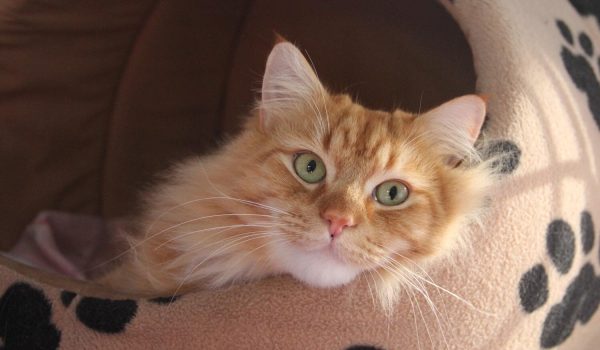
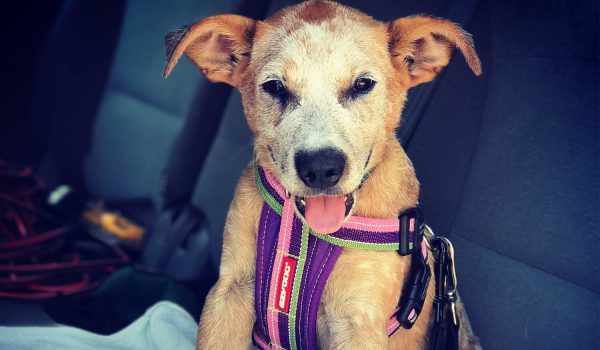
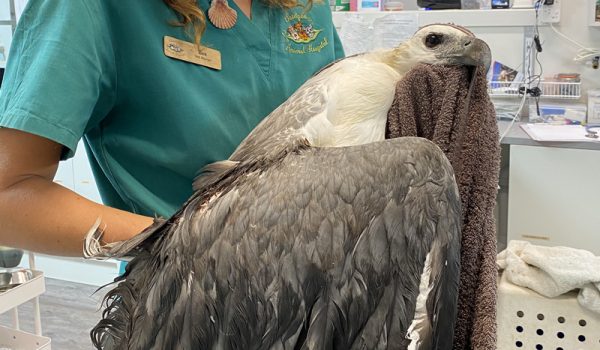
Additional Services
From microchipping to drop-off’s and wildlife emergency care, we provide a range of additional services that can make owning a pet that little bit easier.
Click on the titles below to learn more about additional services:
If you have ever lost your furry friend, then you will understand the importance of microchipping. It is the only way to ensure that your pet is not claimed by someone else. Ensure your pet is traceable back to you by having them microchipped and registering them with your local council. If your contact details change, make sure that you update them on the Companion Animal Registry.
At Sweet Pea Animal Hospital we use the latest technology in microchipping – the Mini-Transponder. The microchip and needle are much smaller than the standard size. Your pets details are then registered on the NSW Companion Animal Registry (CAR) and on the Australian Animal Registry (AAR).
Have you rescued some vulnerable wildlife? We treat all Australian native wildlife at no charge. Bring any wildlife to the hospital for their best chance at survival. We work closely with FAWNA and following assessment and treatment of any wildlife, they will then be transferred into the care of a trained and registered FAWNA carer.
It is important to us that your pet does not go without the care and treatment that it requires. If you are unable to attend the hospital because of work commitments or health reasons, or because we are unable to offer an appointment at a time that suits you, we offer a drop off service where your pet can keep us company until it’s convenient for you to collect them in the afternoon. This service is dependant on the availability of space in our hospital. Please call to arrange and confirm this ahead of time.
What happens after your family member has passed? If you are finding it difficult or simply need someone to talk to, we can point you in the right direction. Please ask us…not everyone understands the impact that our pets have in our lives.
Our inaugural Seniors Seminar was a roaring success, with a great turnout of caring and concerned owners of senior pets. We will continue with these informative seminars, where you will have the opportunity to learn more about specific topics relating to pet care and health. Join us for our client seminars where we will answer all of your questions.
While we will always be upfront about expected costs of treatment, we understand circumstances are sometimes out of your control. We do offer payment plans through a third party, VetPay. Ask us today whether this is an option for you. The online application process only takes a few minutes.
VetPay is available through our clinic, please ask our team for more information.


